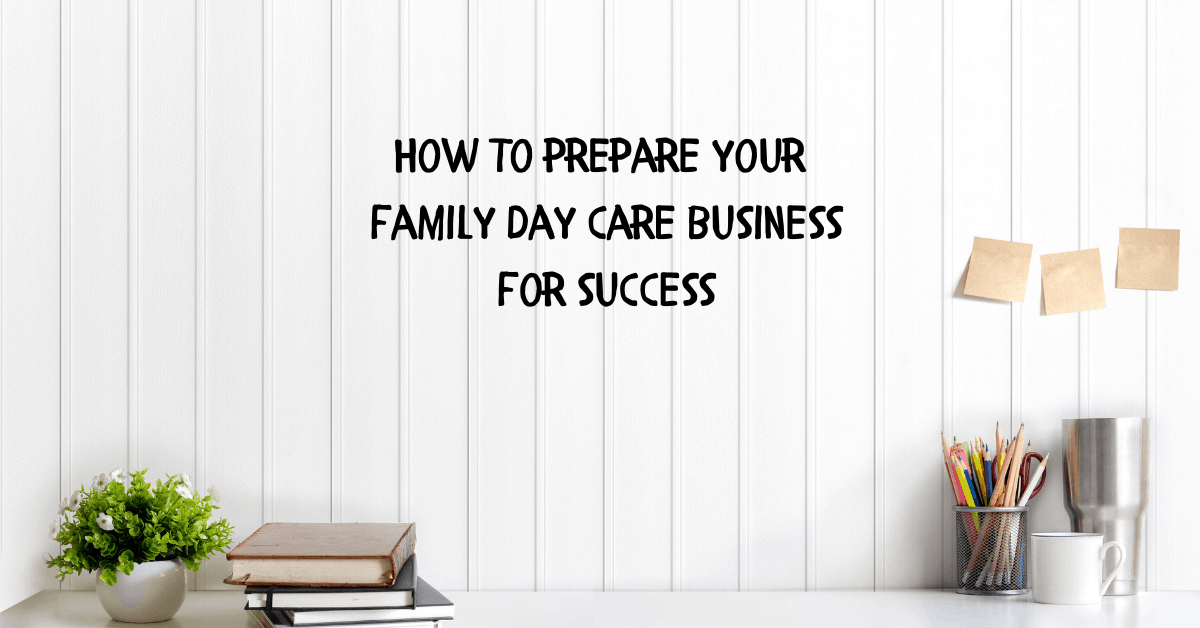Reflective Practice for Day Care Educators
It can be easy to get lost in the ever-changing demands of your job, so taking a step back to pause and reflect on your own practice can help you stay focused, energised, and inspired. Reflective practice for day care educators is an essential part of self-care for any educator; it not only allows you to reconnect with your passion but also provides an opportunity to explore how best to nurture development in the children under your care. In this post we’ll look at how day care educators can integrate it into celebrations such as mother’s and father’s day.
As a day care educator, you experience busy and demanding days as you are responsible for providing a safe, nurturing environment for children. But taking time out to engage in reflective practice is vital in helping to optimise your work with kids and ensure that they benefit from your skill and passion.
Should an assessor ask you why you do what you do in relation to Mother’s Day celebrations, what response do you think would work best for you and your service’s rating?
“Because our families expect it”
“Our families appreciate what we do”
“I loved what my child bought home when they were in care”
“Because mothers deserve a day of celebration”
“We are teaching children gratitude and giving”
These are only some of the responses I received when asking educators to tell me ‘their purpose’ with some additional responses such as:
“Are you even a mother?”
“Trying to kill off early childhood”
“Disrespectful to mother’s and women”
Now, this post is not about defending the value of reflective practice for day care educators, nor is it about defending myself. What it is about, is how some celebrations are held so tight that they raise emotions in some people that may lead to defensive behaviour.
When guiding and or engaging in reflective practice it is common that you may be provoked into thinking deeper about your practice and this may feel challenging or confronting from time time, and if you feel confronted that is a really good time to take a breath and ask yourself “why”?
Being reflective and engaging in reflective conversations can raise thoughts, emotions and memories and it can also raise values and biases, and this can be a challenging space for anyone as sometimes critical reflection can bring us back to our ‘why we are the way we are’ and particularly in early childhood, it can bring us back to our own early childhood experiences. This question or ‘provocation’ I posed to educators not only surprised me in relation to the way some people felt it was an attack on mothers, it also indicated some educators have never been provoked to assess their practice on a critical level.
One of the strategies I provide Educational Leaders with for reflective practice for day care educators is to be able question and provoke others into considering a range of perspectives, yet mother’s day is often approached as ‘hands off’ celebration that can’t be changed or altered and it is perpetually visualised with flowers, slippers and morning tea.
I, for one, can never make a morning tea, I don’t wear slippers and I am allergic to flowers!
Check out my Mother’s Day Blog which unpacks reflective practice in depth with the perspectives to consider when developing your Mother’s Day celebrations.
You can book a consult with me so I can help you more with reflective practice strategies, or whatever you may need help with on your day care journey. Book here. I help day care service approval applicants, educators, leaders and providers.










